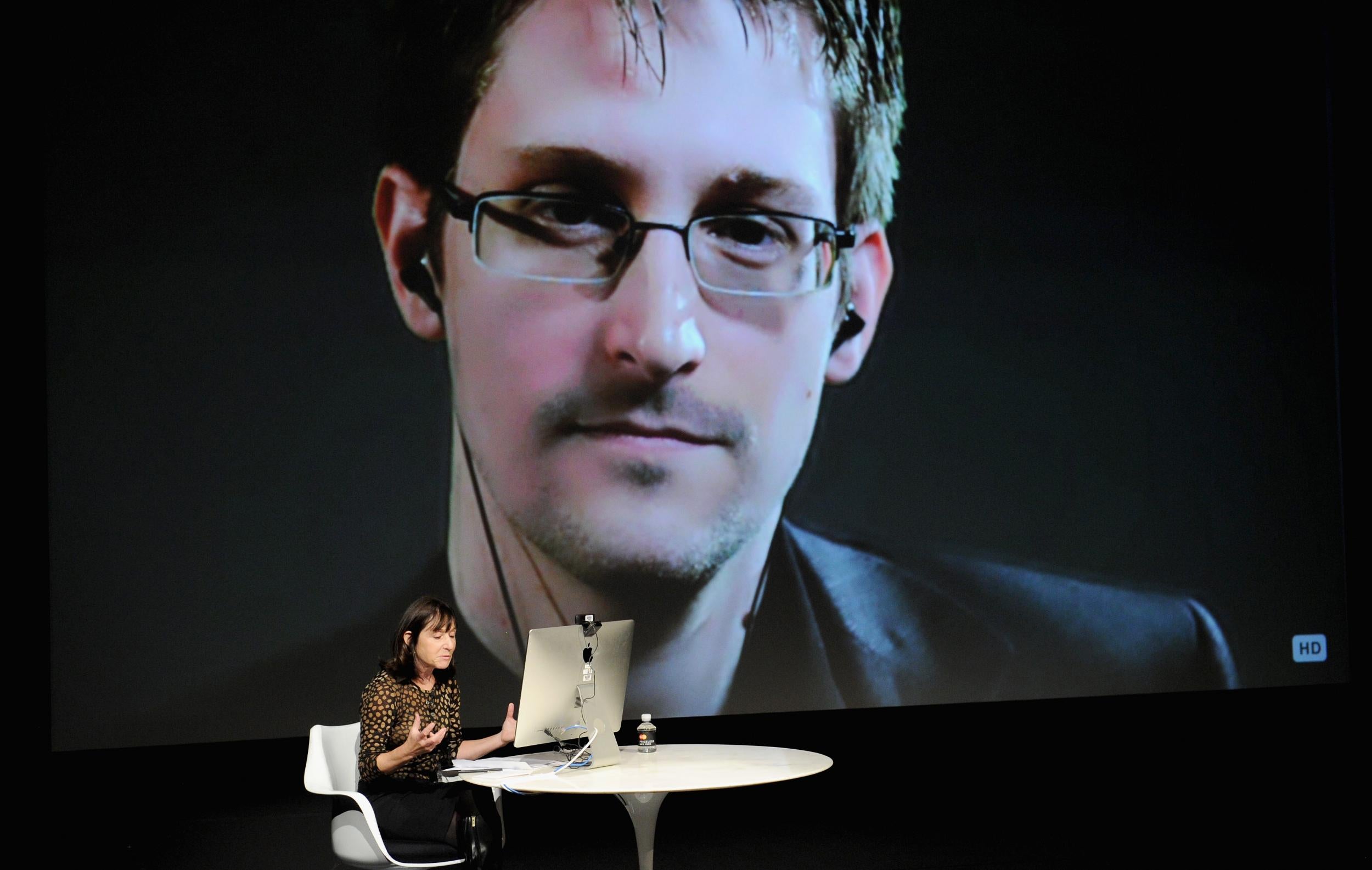Whistleblower Edward Snowden brands 'encrypted' Isis email as a fake
Snowden suggested that Isis could see a benefit in scaring Western nations into clamping down on encryption

Whistleblower Edward Snowden has claimed that a supposed 'encrypted email' featured in a recent Isis propaganda video is fake.
The latest video, in which extremists make threats against the UK and urge Muslims to fight against non-believers, ends with a scrolling message, which claims to be coded using the PGP encryption program.
Governments and intelligence agencies around the world have long been concerned that Isis could be communicating using encrypted messaging tools like PGP, which would make it almost impossible for spies to listen in on what they are saying.
The plausible-looking encrypted message at the end of the video appeared to confirm this fear - but former NSA analyst Snowden has claimed it is fake.
Writing on Twitter, he pointed out that the ID for the encryption key shown in the video has an incorrect number of characters, and also found that the purported 'starting date' of the Isis operation mentioned in the message came three days earlier than the creation of the key which encrypted it.
Annotating a screenshot from the video, Snowden wrote: "I hope you built a time machine to go with your 'attack plans.'"
Addressing journalists on Twitter, he added: "The Isis video's 'encrypted email' is confirmed fake. If any official responds as if it's real, push back."
He also suggested that by placing these images of "spooky" encryption alongside images of David Cameron, who wants to ban end-to-end encryption in the UK, means Isis sees an advantage in the West "limiting access to strong security."
It is known that members of Isis in Syria have used the highly secure encrypted messaging app Telegram to communicate and spread their message overseas. Similar reports, such as a story which claimed the Paris terrorists had used the PlayStation online gaming network to communicate, led to renewed calls for the government to crack down on encryption.
However, pro-encryption activists believe introducing 'backdoors' into messaging services and devices would jepoardise innocent people's privacy. Others have pointed out that despite speculation, the Paris gunmen communicated through unencrypted text messages during and before their attack.
Join our commenting forum
Join thought-provoking conversations, follow other Independent readers and see their replies
Comments
Bookmark popover
Removed from bookmarks